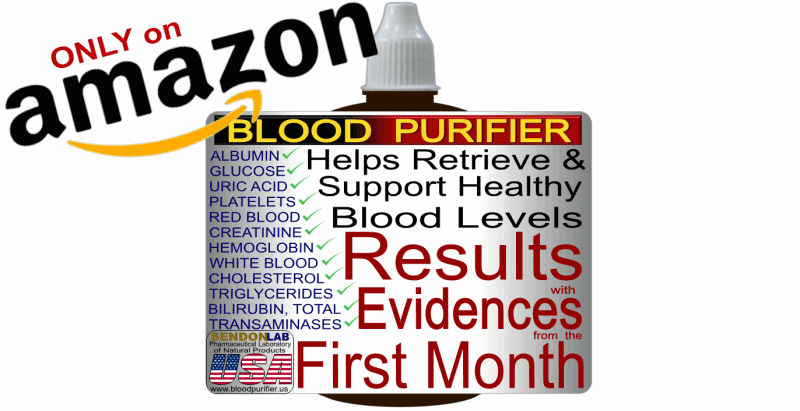
| HOME | HISTORY | INDICATIONS | TEST | CONTACT | Español |
BLOOD TEST
Glucose; If this value is increased, your doctor may prescribe other tests to
rule out diabetes. You can also raise this value by lack of exercise,
bad eating habits. Even some drugs can raise blood glucose.
More information.
Creatinine; When results are above normal values, it can be due to dehydration,
kidney problems, muscular dystrophy, and heart problems, among others.
More information.
Uric Acid; It is usually elevated in blood, when there is some type of renal
failure, it can also be due to excess protein in your diet, increased
production of uric acid by altered metabolism. Its elevation alerts
potential risk of "Gout" (disease caused by deposition of crystals of
uric acid in joints).
More information.
Triglycerides; Their increase in blood is due to a high consumption of foods with fats,
problems of the body to process fats and this represents a risk of
suffering cardiovascular diseases like; Cerebrovascular diseases,
arrhythmias, acute myocardial infarction, hypertension, among others.
More information.
Cholesterol; Its elevated levels are important factors in the onset of cardiovascular
diseases: infarction, hypertension, angina pectoris, and
atherosclerosis, among others.
More information.
>
Total Bilirubin; Your increase in blood may be due to an obstruction in the bile duct,
hepatitis, cirrhosis.
More information.
Albumin; Your increase in blood is mainly due to dehydration, burns or a diet
rich in protein.
More information.
Platelets: If the number of platelets is very high, blood clots form that can lead
to what is known as thrombosis, which occurs when blood vessels become
blocked by clots, causing severe reactions such as stroke, heart attack
acute myocardium, pulmonary embolism, or blockage in any other part of
the body, as in the upper and lower extremities.
More information.
White Blood Cells: Your increase may occur as a result of a bacterial, viral, or parasitic
infection, or as a result of inflammation that often occurs with
disorders such as osteoarthritis.
More information.
Red Blood Cells: The most common signs of having an excess of red blood cells are
dizziness, headaches and redness on the face. One of the most frequent
complications is the thrombosis that occurs because the excess of the
red blood cells thickens the blood and can coagulate inside the blood
vessels.
More information.
Hemoglobin: Blood thickened by high hemoglobin values may favor a slowing of the
blood circulation at the level of small vessels and capillaries, which
in turn increase the risk of obstruction with lack of local oxygen. It
can cause cardiovascular events such as small micro-infarcts of the
brain, kidneys, liver, cerebrovascular accident, and heart
attacks.
More information.
Transaminases: Elevated blood levels are an indicator of possible liver disease
detection. There are several factors that can be the causes of increased
levels, among the most common and known are: Viral hepatitis, fatty
liver, liver cirrhosis, cysts, and liver tumors.
More information.
![]()